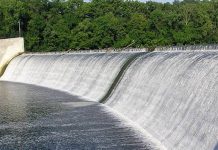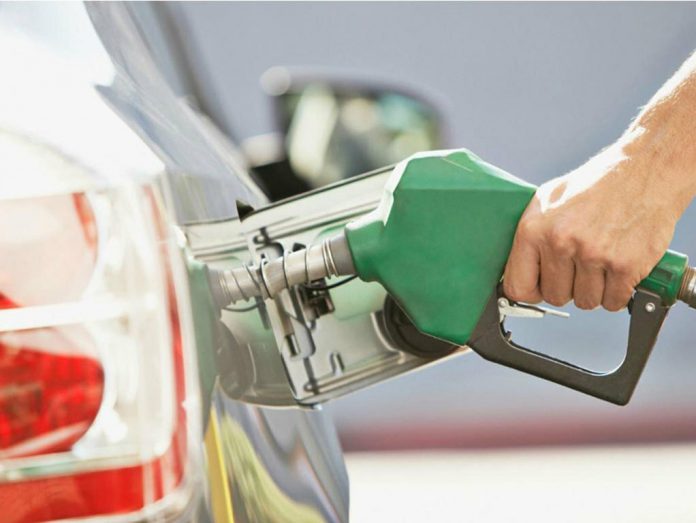Petrol prices in Pakistan are likely to increase from the beginning of July. Furthermore, the government plans to levy a tax on petroleum products on POL products from 1 July 2022 to repay the International Monetary Fund (IMF) loan scheme. 50 liters of POL products will lead to a sharp increase in fuel prices in Pakistan. According to the report, the federal government will levy a Rs petrol tax of Rs. 10 liters from July and will be increased by Rs. 5 per liter from August onwards until it reaches the maximum limit of Rs. 50 liters in March 2023.
Increase in the prices of petroleum products:
Rising prices of petroleum products will cause inflation for people who are already struggling. However, it is worth noting that Pakistan’s fuel prices have increased unprecedentedly in recent weeks as the coalition government increased the costs of these commodities by more than Rs. 100 liters from 27 May 2022. In addition, It is also possible that 17% of General Sales Tax (GST) will impose on petroleum products from July.
There are also reports that GST collection could eventually be halted if crude oil prices rise in the international market to avoid a further public burden.
Current Petrol Prices In Pakistan:
| PRODUCT | CURRENT PRICE |
| Petrol | 233.89 |
| High Speed Diesel (HSD) | 263.31 |
| Kerosene Oil | 211.43 |
| Light Diesel Oil (LDO) | 207.47 |
Diesel and Petrol have peaked at highest levels:
Inflation has been a major problem between Pakistan and the IMF as part of an agreement to withdraw subsidies in the oil and energy sectors to reduce shortages before the annual budget is presented next month. It is expected that the government will not impose GST. However, it will not be charged at a higher 17 percent rate over the next two weeks and will gradually increase. Diesel and petrol prices rose sharply a month ago after being frozen for three months in line with the previous government’s policy of paying subsidies to keep costs stable. Moreover, the current government has scrapped the fuel price subsidy for the IMF to qualify for the Extended Fund Facility (EFF).
How useful was this article?
Please rate this article
Average rating / 5. Vote count:












































